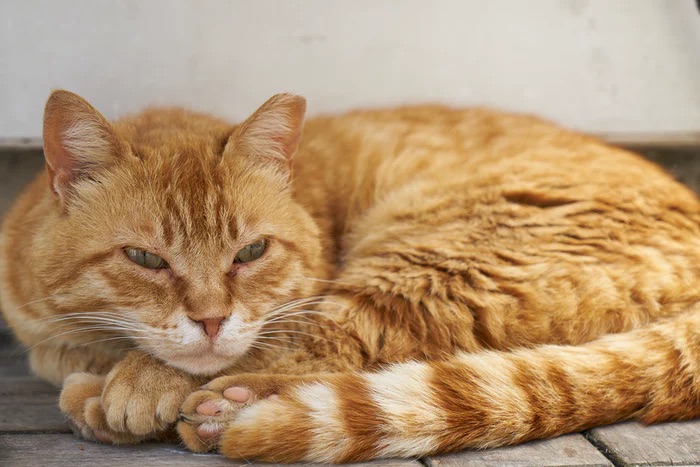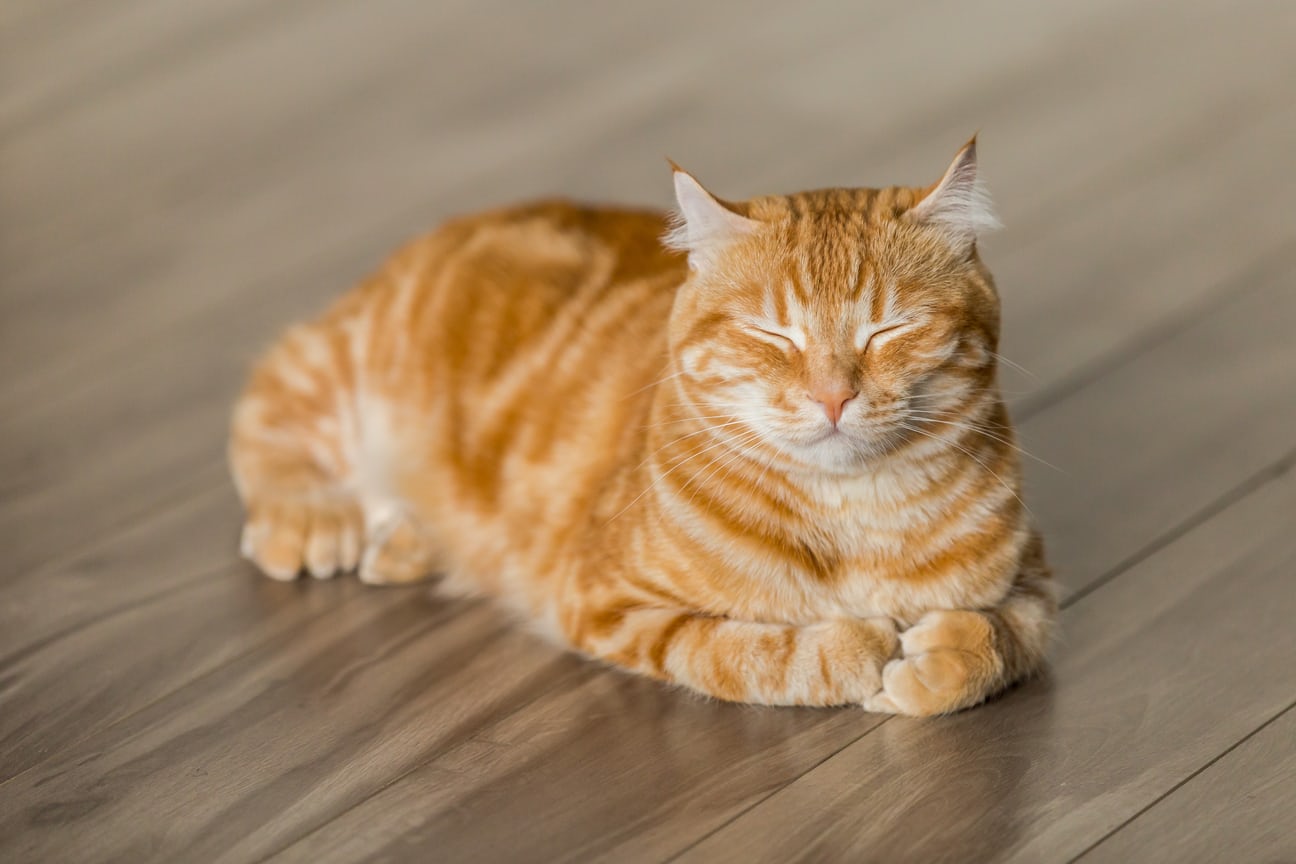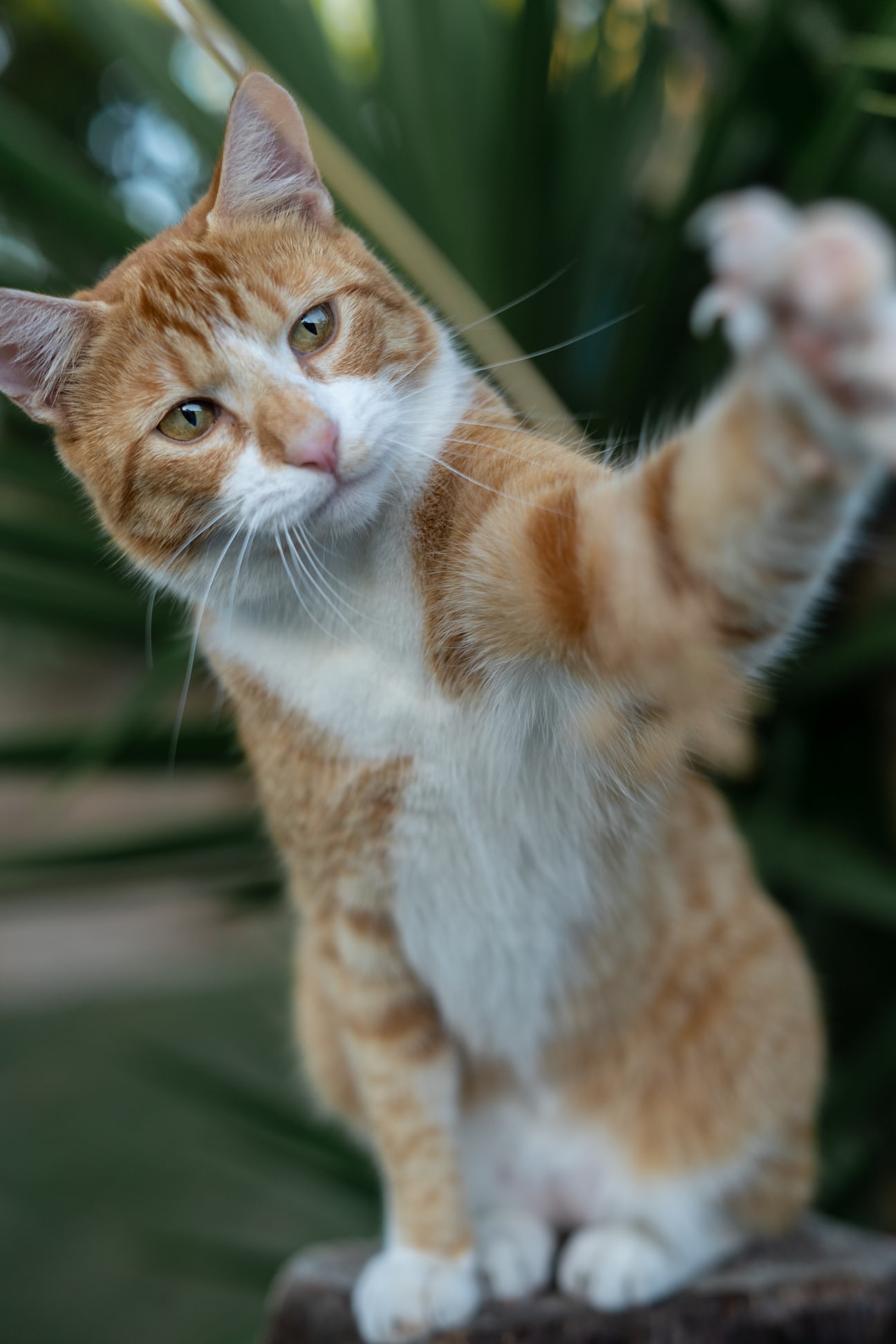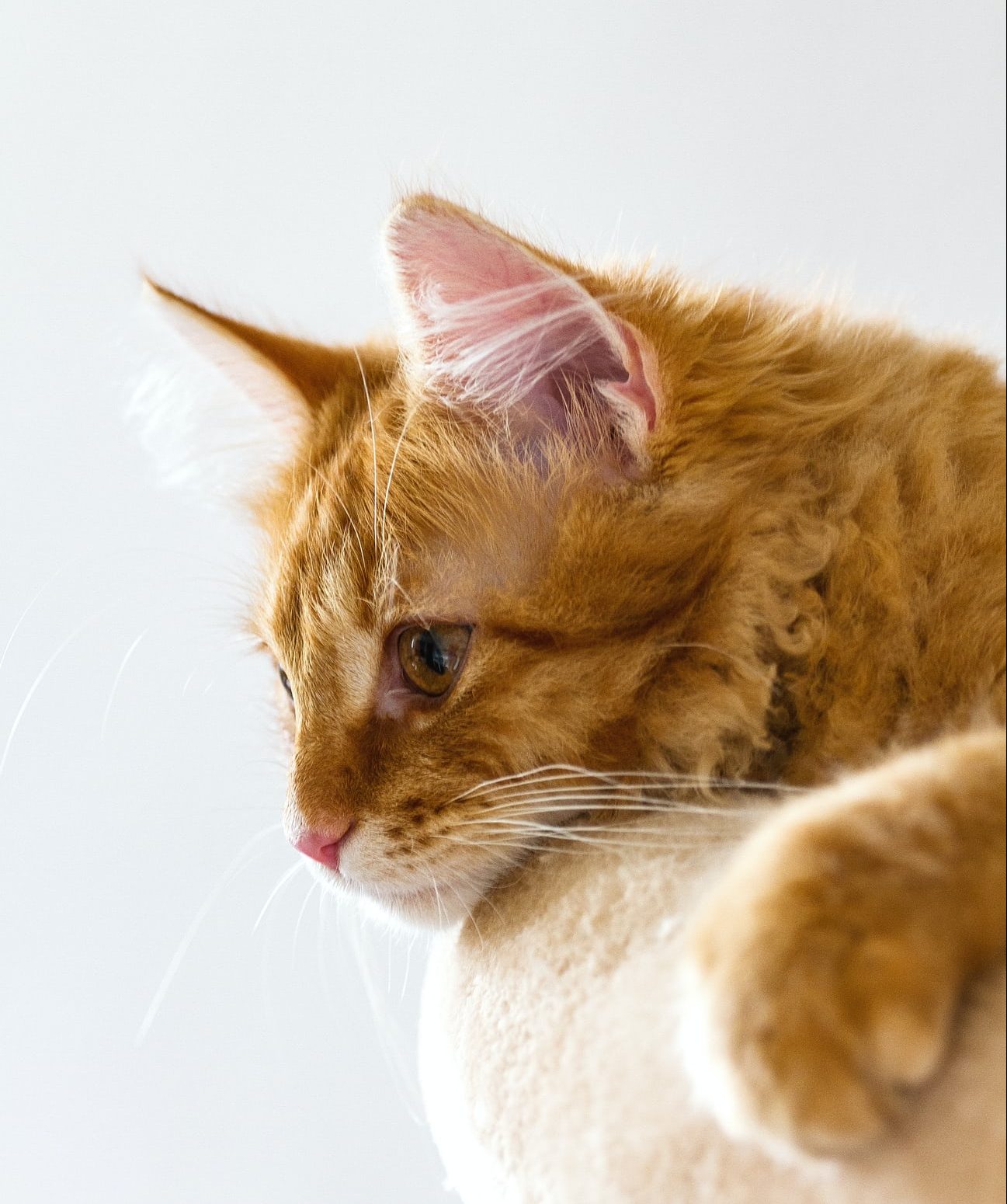16 Jun Agnes Mirrors Her Person’s Asthmatic Attack
Fifteen year old Agnes mirrored her person’s asthmatic angst with a lunge …..
Mirrored Anxiety Attack …
“It was 4 A.M. when Agnes attacked me in bed,” Jen said. “I’m so glad you could schedule this session to help me.” Jen explained that a few days ago before the attack, she had been very upset and had a slight anxiety attack. At the time, Agnes appeared to be a bit ruffled by Jen’s discomfort but soon recovered.
Agnes’ Aggressive Attack
However that night as Agnes jumped up on the bed as she so frequently did, Jen had a siege of bronchitis. While she coughed and gasped, Jen leaned forward. Agnes appeared both stunned and frightened. She lunged at Jen and clawed her arms. It took a long time before she calmed down.
Agnes avoided Jen, but allowed her husband, Jake, to stroke and talk to her. For the past week, she has continued to glare at Jen, hissed if Jen tried to stroke her and jumped on and off the bed at odd hours of the night, and cried discontentedly. Agnes was not a happy cat.
Jen and Jake had adopted Agnes four years ago from a young man who subsequently died of AIDS. Jen had cared for Agnes when her person was too ill to do so.
After I took a case history, I asked Jen to stretch out on her bed, where Agnes had already arranged herself. I told Jen to stroke her a couple of times and to stop. Jen was pleased because Agnes didn’t hiss and appeared to welcome Jen’s contact.
Treatment for Recovery
- I warned Jen not to overindulge Agnes, because this would excite her and reinforce her angst.
- I urged Jen to speak in a soft, slow voice.
- If Agnes jumped on the bed during the night, Jen should not touch or talk to her. Instead, she should turn over and go back to sleep. This action would help mitigate the fear Jen transferred to Agnes during her bronchitis attack— when she mirrored Jen’s anxiety attack.
- My other major recommendation was for Jen and Jake to verbalize their actions, such as: “I’m going out now,” or “I have to answer the door.” These words would ease transitional stress and bridge the gap between any change of action that might cause Agnes anxiety. At this point she was vulnerable to even minor changes that would trigger her muscle memory to relive stressful memories. The more Agnes felt in control, the more confident she would be.

She was in her golden years and not as emotionally flexible as a younger cat. Indeed, her former person’s sad demise contributed to her sensitivity.
Jen asked if she could eventually respond to Agnes in her usual loving way when Agnes appeared on the bed.
I assured her she would not have to give her the cold shoulder for long. Jen would quickly regain Agnes’ trust.
A few days after Agnes’ session, I received an optimistic report from Jen. Agnes no longer hissed at her and even climbed on to her lap.
……






